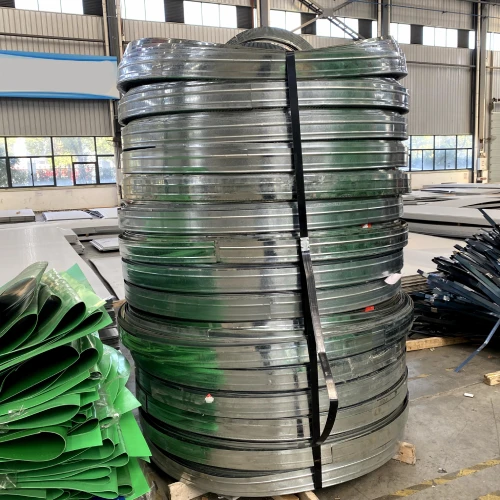
17-7 PH stainless steel is renowned for its high strength, exceptional resistance to corrosion, and versatile applications in various demanding industries.
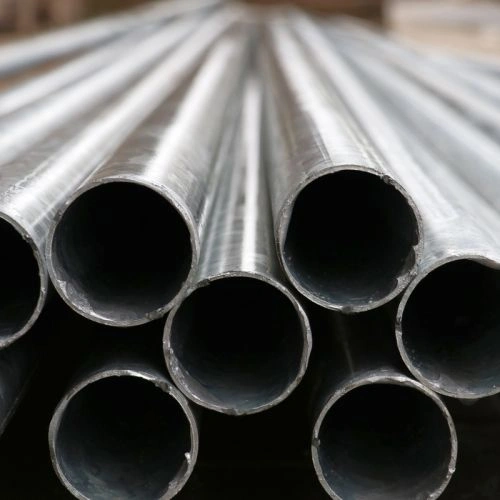
Stainless steel pipes are widely used in industries ranging from construction and plumbing to aerospace and chemical processing.
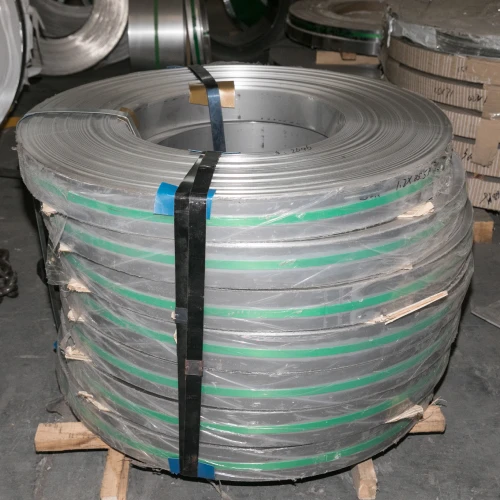
Stainless steel strip is an essential material valued for its adaptability and resilience. It plays a critical role across numerous industries, from heavy-duty machinery to delicate consumer products.
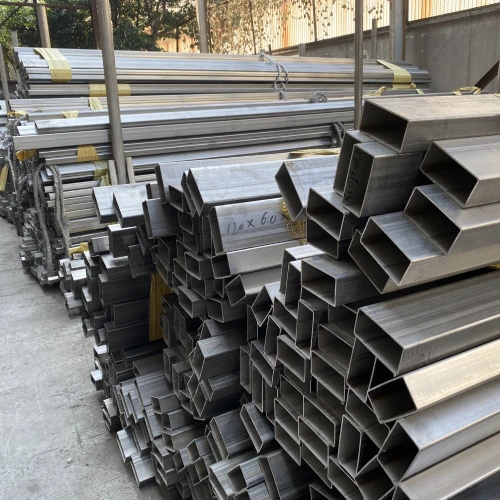
Bright-annealed stainless steel pipes and tubes are essential materials in industries where both flexibility and strength are crucial.
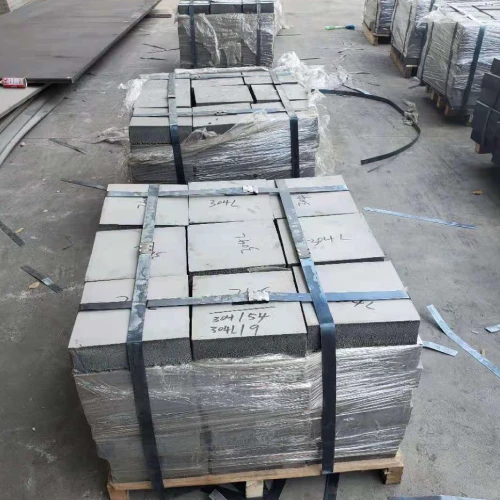
Among the many grades available, 304L and 304H are two of the most commonly used in applications that require excellent corrosion resistance and durability.
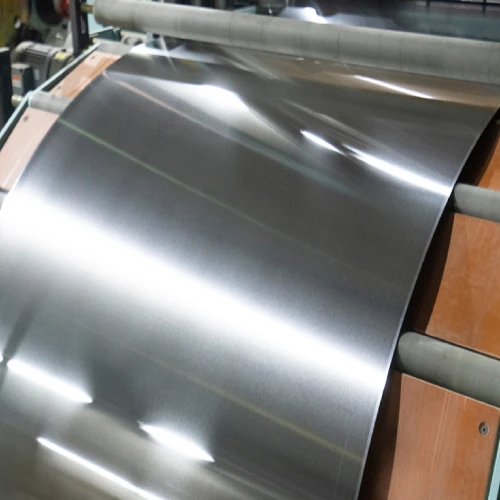
When selecting the right stainless steel grade for demanding applications, it's crucial to understand the differences between various options.
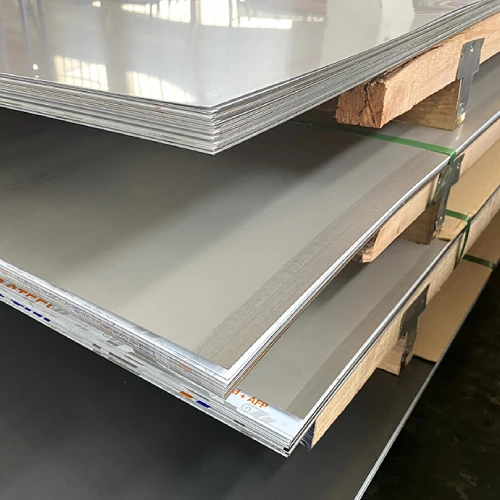
Duplex stainless steels are widely celebrated for their high strength and superior corrosion resistance. They are used in demanding industries like chemical processing, marine applications, and oil and gas extraction.
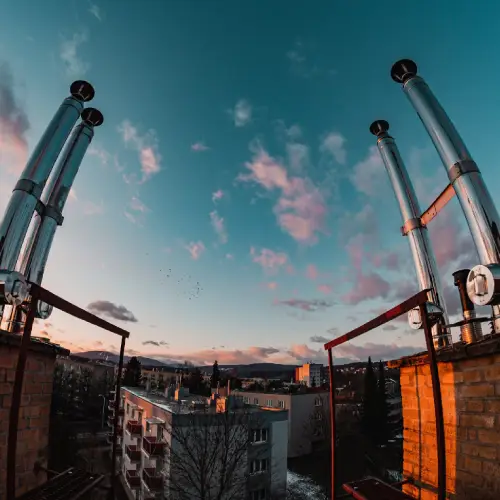
Stainless steel is an iron-based alloy, usually containing chromium, nickel and other metallic elements, and is widely used in construction, automobiles, kitchenware and medical equipment due to its excellent corrosion resistance and strength.
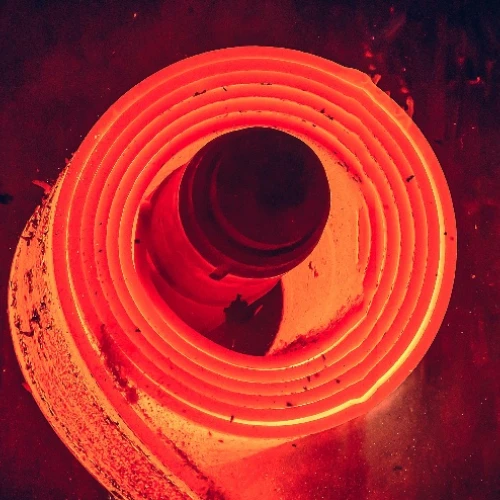
Steel plays a pivotal role in construction, automotive, and manufacturing industries. Among its many forms, hot rolled and cold rolled steel are two primary types widely used.
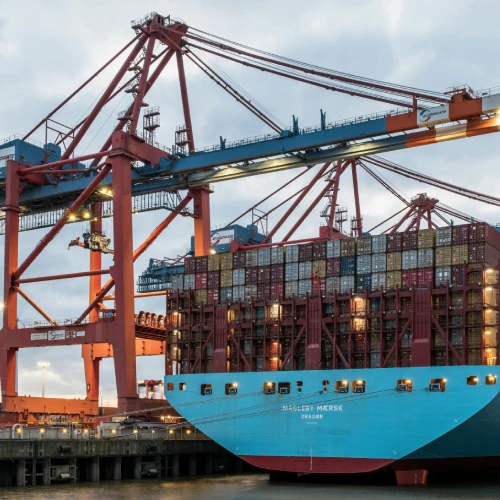
In today's industrial landscape, stainless steel plays a crucial role in everything from construction to marine environments.

Precipitation-hardening stainless steels are a unique subset of stainless steels known for their impressive combination of strength, corrosion resistance, and hardness.
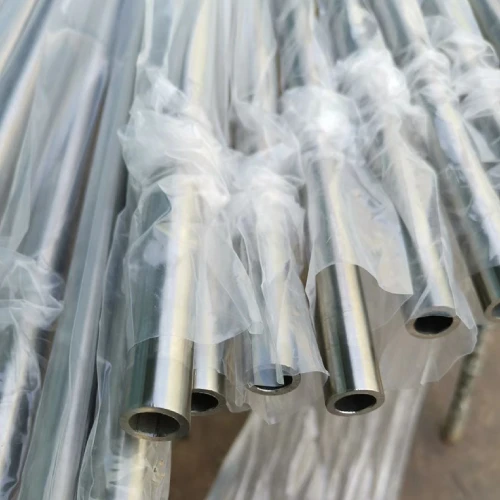
Stainless steel is renowned for its corrosion resistance and durability. However, many wonder: Will stainless steel rust? The answer, though complicated, lies in understanding the conditions and factors that affect this resilient material.
